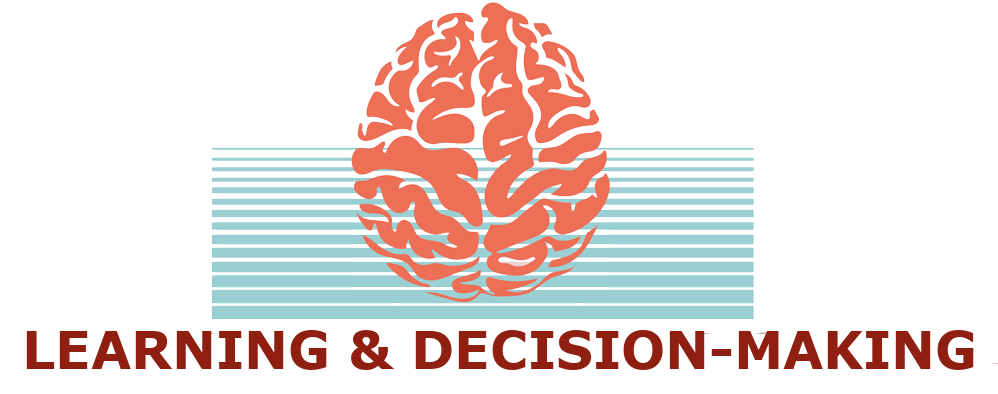New paper in PLOS Biology
Our study titled “Modeling flexible behavior in childhood to adulthood shows age-dependent learning mechanisms and less optimal learning in autism in each age group” is now published online in the PLOS Biology journal. In this study, we investigated how flexible behavior changes developmentally in ASD. The results show that autistic individuals showed on average more perseveration and less feedback sensitivity than TD individuals, and that older age groups showed more feedback sensitivity than younger age groups. Furthermore, dominant learning mechanisms underpinning flexible behavior where found to differ across developmental stages and reduced flexible behavior in ASD was driven by less optimal learning on average within each age group. In autistic children, perseverative errors were positively related to anxiety symptoms, and in autistic adults, perseveration (indexed by both task errors and model parameter estimates) was positively related to restricted, repetitive behaviors.
The paper can be found here.
